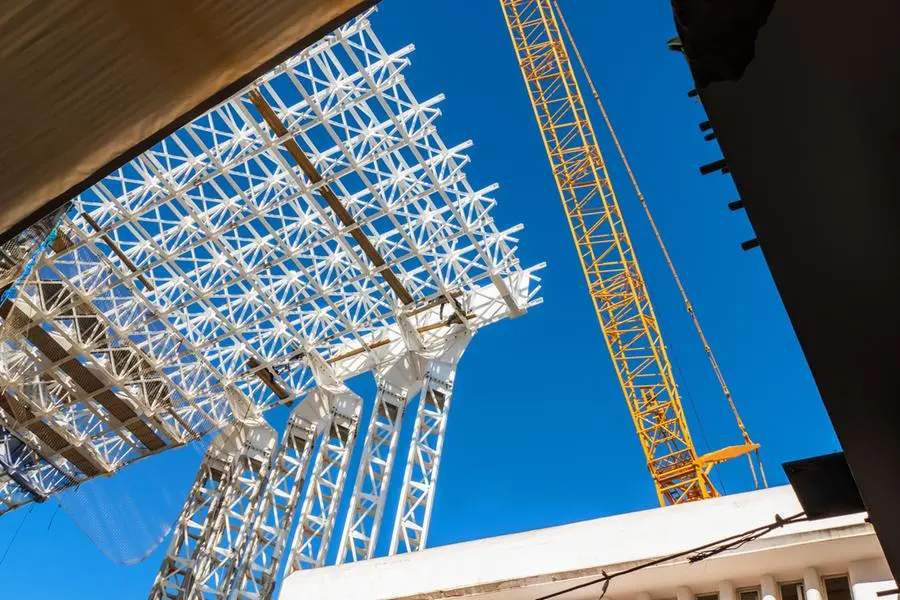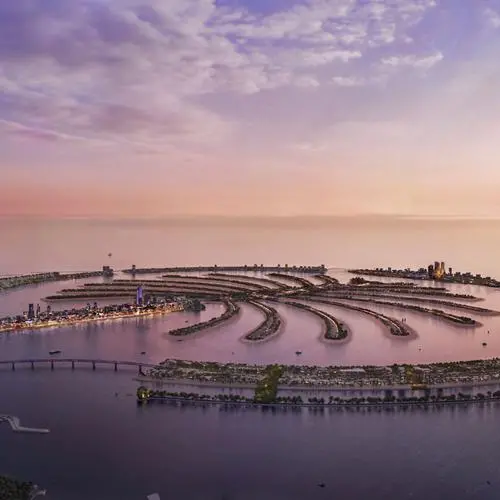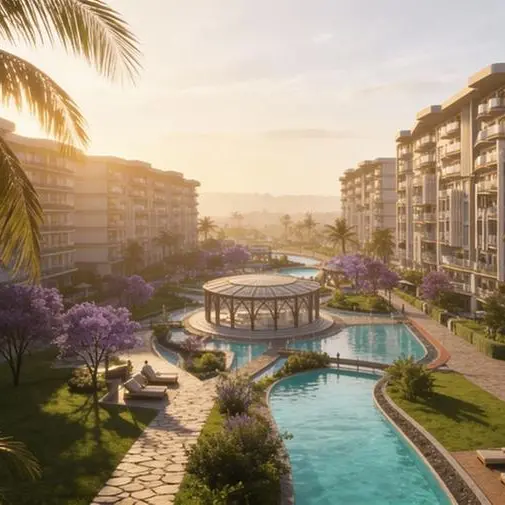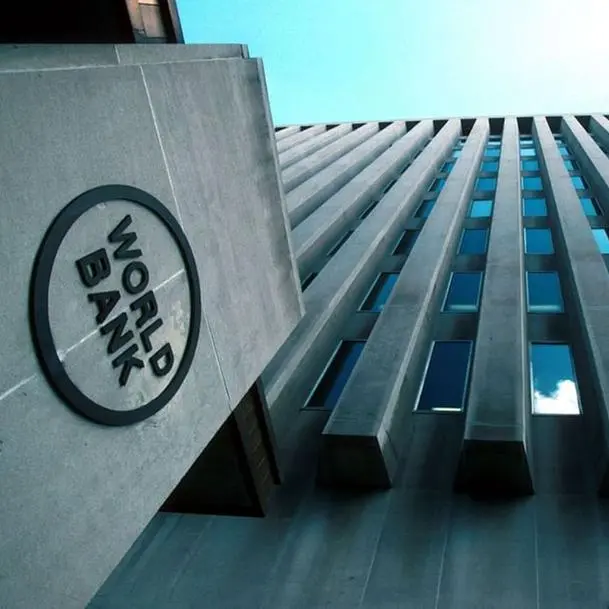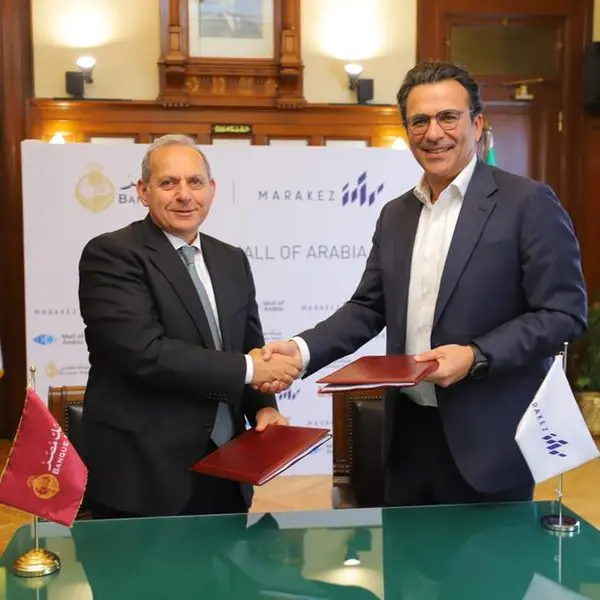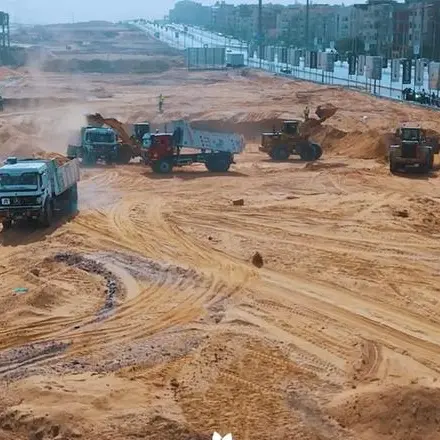PHOTO
Morocco has mounted an unprecedented construction campaign to develop its rail, roads and other infrastructure facilities as it prepares to co-host the FIFA World Cup games along with Spain and Portugal in 2030.
Development projects cover nearly 35 cities and investments could exceed $34 billion in such projects over the next five years, according to Morocco’s Sabah Akadir newspaper, which cited a government report.
“About 35 cities and towns will benefit from the development and infrastructure projects which will be executed in preparation for the World Cup,” Equipment and Water Minister Nizar Baraka told Parliament last month.
“The projects are not confined only to cities where the games will be staged but other places as well…they cover rail, roads, power, transport and other sectors.”
In a report in late 2024, the Transport Ministry said spending on projects would be increased by around 42 percent annually until 2030, adding that investments could top 64 billion Moroccan dirhams ($6.5 billion) in 2025.
According to Transport Minister Abdul Samad Qauyh, rail projects launched two years ago are the biggest in Morocco’s history and they would expand train transport capacity from 53 million in 2024 to more than 55 million passengers in 2025 and nearly double that number by the end of 2030.
“The government has allocated nearly MAD85 billion ($8.6 billion) for rail projects which include electrical trains and high-speed trains,” he told Parliament last month.
He said MAD 53 billion ($5.4 billion) would be spent on the high-speed rail project and around MAD 29 billion ($2.9 billion) on the purchase of new trains. The rest will be allocated for the construction of 40 new train stations, he added.
Qayuh said around MAD 42 billion ($4.2 billion) would also be invested in airport expansions until 2030, adding that the plan includes modernisation and expansion of major airports, including Casablanca, Rabat, Tangier, Marrakesh, Fez, Tetouan and Agadir.
The Casablanca airport will be upgraded to accommodate 44 million passengers annually, while a new terminal with capacity for 4 million passengers annually will be built at Rabat-Sale, the Minister said.
Royal Air Maroc, Morocco’s largest airline, will also expand its fleet to meet the rising travel demand in the next few years, he added.
In statements in December, Qayuh said Morocco needs 168 trains to face a steady business growth and serve new and expanded rail networks. He said 150 trains would be deployed in urban areas and 18 would serve high speed networks.
Morocco’s national railway operator said last week that it has awarded contracts to South Korean, Spanish and French companies for the purchase of up to 168 new trains.
The contracts, worth an estimated MAD29 billion ($2.9 billion) were awarded after a year-long international competition and include agreements with Hyundai Rotem (South Korea), CAF (Spain), and Alstom (France and Morocco).
(Writing by Nadim Kawach; Editing by Anoop Menon)
Subscribe to our Projects' PULSE newsletter that brings you trustworthy news, updates and insights on project activities, developments, and partnerships across sectors in the Middle East and Africa.
